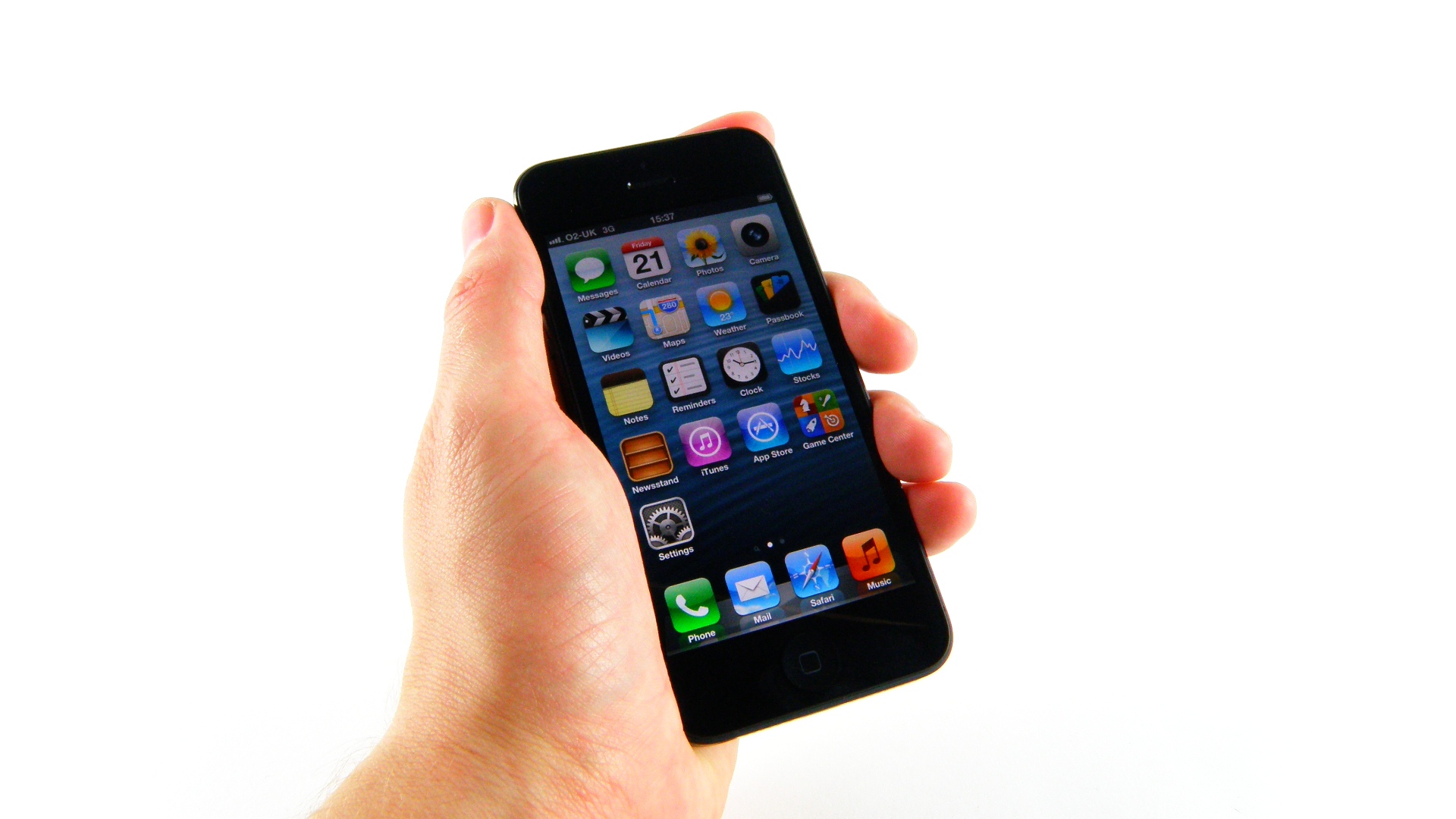Apple just scored a major victory in another iPhone unlocking case
Judge rules against government as it invokes the All Writs Act

Apple has scored a huge victory in a New York case involving a locked iPhone, one day before it's due to testify before Congress on the matter of encryption.
A magistrate judge in the case, which involved drug trafficking and is different from the California case between Apple and the FBI, ruled that the government can't force Apple to help it unlock an iPhone 5S under the All Writs Act (AWA).
This is the same law the FBI is invoking to demand Apple build a special software to access a locked iPhone 5C used by one of the San Bernardino, Calif. terrorists.
In his ruling today, Magistrate Judge James Orenstein essentially calls the government's interpretation of the AWA too broad - so much so that if it were applied in the way the government sought, it'd be unconstitutional. He also makes a compelling argument for why Congress should make a decision on just how far the AWA can go.
Orenstein's ruling concludes by saying that this case is much bigger than one iPhone, which Apple and security experts, including a mobile security expert interviewed by techradar, have said in respect to the San Bernardino case.
"Ultimately, the question to be answered in this matter, and others like it across the country, is not whether the government should be able to force Apple to help it unlock a specific device; it is instead whether the All Writs Act resolves that issue and many others like it yet to come," Orenstein writes.
What's next in Apple vs the FBI
The New York ruling doesn't set a binding legal precedent, TechCrunch notes, but it could very well influence the judge in the California case as well as be used by Apple in an appeal if it loses to the FBI.
Get daily insight, inspiration and deals in your inbox
Sign up for breaking news, reviews, opinion, top tech deals, and more.
In a motion filed last week, Apple calls the AWA a limited law and says questions of whether companies should be required to build a backdoor into their devices is a matter for Congress to decide after public debate, not the courts. These two points line up with Orenstein in his ruling.
As for what's next in a feud that's captured international attention, the Cupertino firm and the feds will face off over a motion seeking to compel it to build the special iPhone-cracking software on March 22.
But before then, Apple will testify before the US House of Representatives Judiciary Committee tomorrow, as will the FBI.
The company's lead counsel issued his opening remarks a today. In it he lays out three questions:
- Do we want to put a limit on the technology that protects our data, and therefore our privacy and our safety, in the face of increasingly sophisticated cyber attacks?
- Should the FBI be allowed to stop Apple, or any company, from offering the American people the safest and most secure product it can make?
- Should the FBI have the right to compel a company to produce a product it doesn't already make, to the FBI's exact specifications and for the FBI's use?
Some lawmakers have stepped forward with a proposal to establish a commission that would examine and make recommendations regarding digital security, one that would include members of the tech community. When asked if this is the type of commission CEO Tim Cook had called for in a letter to employees, an Apple spokesperson referred us to the letter as well as a Q&A on Apple's website.
Michelle was previously a news editor at TechRadar, leading consumer tech news and reviews. Michelle is now a Content Strategist at Facebook. A versatile, highly effective content writer and skilled editor with a keen eye for detail, Michelle is a collaborative problem solver and covered everything from smartwatches and microprocessors to VR and self-driving cars.
